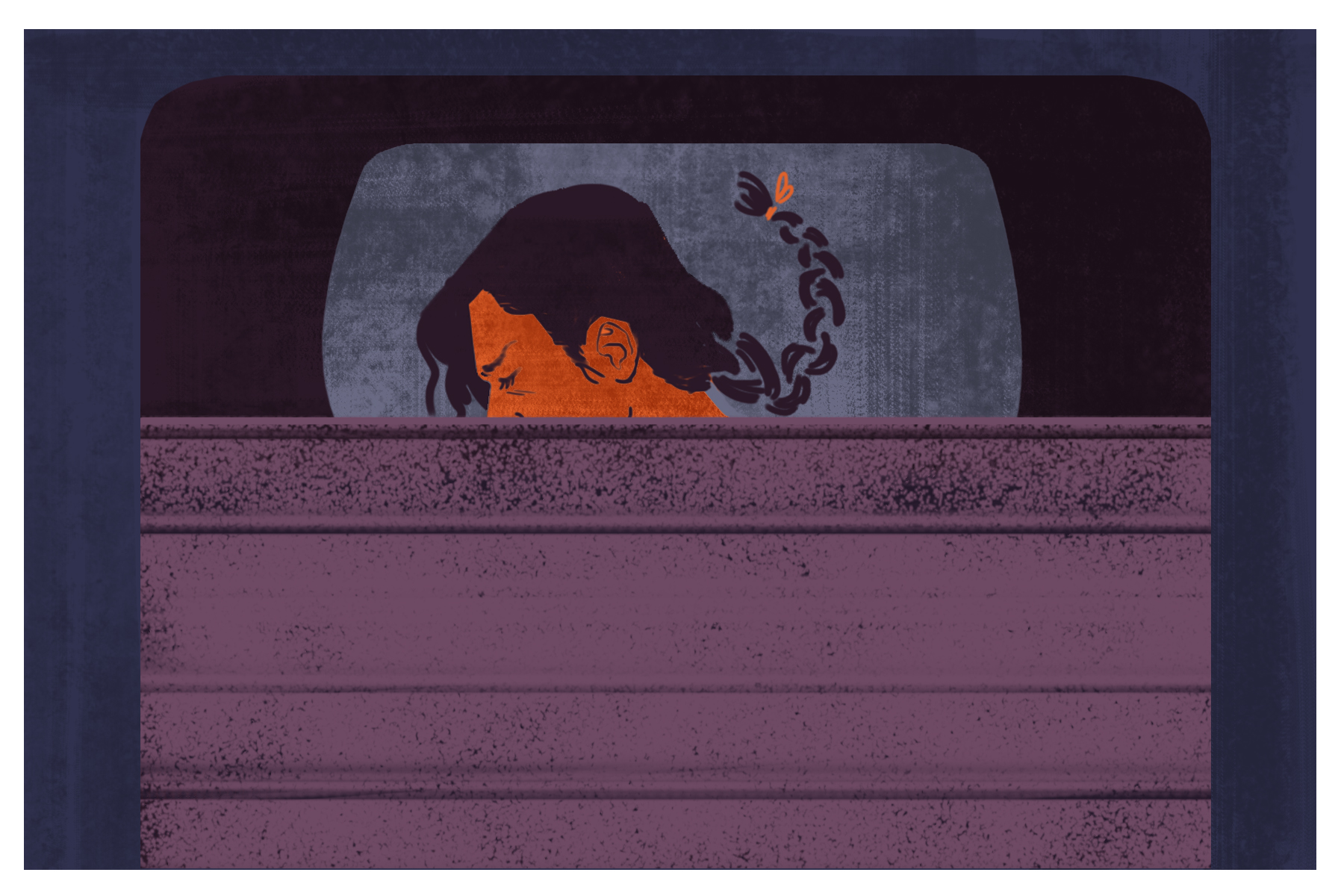We’ve officially entered the holiday season! It’s a time for candy canes, hot chocolate, curling up by the fire with a book and, if you’re one of the unlucky ones, debilitating sadness. Temperatures are dropping and the days are getting shorter, which often brings seasonal depression.
Seasonal Affective Disorder (abbreviated as SAD, because who said doctors don’t have a sense of humor?) affects 5 – 13 percent of the population, most of whom are women and young adults. SAD is typically caused by shorter days and decreased exposure to sunlight. Without sunlight, your body doesn’t produce enough serotonin, also known as the “happy chemical.” Additionally, because of the darkness of winter, your body thinks it’s time to sleep when the sun sets at 5 p.m. and produces melatonin way before bedtime, which can disrupt your internal clock.
Location also plays a part in SAD. Those who live in colder climates, like Minnesota or Alaska, will be affected more than those who live in warmer climates, like Florida or Arizona. If you’ve traveled north for college from the South, you’re even more prone to experiencing the winter blues.
College students have it rough to begin with, before considering the weather: One in five report experiencing stress associated with their mental health, and 30 percent identify with feeling “so depressed it was difficult to function.”
I mean, it makes sense. Students’ day-to-day lives and sleep schedules are significantly different than they were in high school, which can throw internal clocks way out of whack. College students are faced with new academic and social pressures from their new environment and responsibilities. At the same time, structure goes out the window and students are left to fend for themselves.
This point in the semester is also when class workload picks up (If it didn’t already before Thanksgiving break). While it seems like the rest of the world is hibernating for the winter and preparing for holiday festivities, college students are spending their nights in the library trying to finish their projects and starting to study for final exams.
Thanksgiving break is also a tease for college students, giving them a week (or less) to return to their families and take a breath before they kick it into overdrive. Some students take the break to relax and put their homework on hold for a couple days, while other students feel obligated to work through their break, not really getting time off as a result. Neither approach is necessarily the “right way” to do things, but both contribute to the stress students feel around this time.
So, with that being said, what can we do to combat seasonal depression? Well, I have a few tips to help you derail the winter blues.
1. Turn on the Lights
Because it’s dark pretty much all the time outside, bring the light to you! Make sure to open your curtains, flip on the lights and try to wake up with the sun.
Many school counseling centers have Bright Light Therapy, which is where you sit in front of a bright light for a while to remind your body that there is still good in the world. There are also sunrise alarm clocks, where a light gradually turns on in the morning to wake your body up.
2. Don’t Isolate Yourself
I know, I know. Why go outside when the cold hurts your face? Spending time with your friends, even if you both just do homework next to each other, is much better for your psyche than being alone in bed all the time. At the very least, try spending some time in the library or in the dining hall where other people occupy the same room as you.

3. Stick to a Routine
This one is easier said than done. Especially with the onset of finals, it just seems like there aren’t enough hours in the day to squeeze everything in. Use a planner or Google Calendar to schedule out your studying and homework. It may seem silly, but it can be extremely helpful to have a tangible to-do list. And don’t forget to schedule in breaks. You will be much more productive if you give yourself time to rest.
The most important thing is to stay consistent, as a large contributing factor in seasonal depression is a disrupted internal clock. Make sure you go to bed at a reasonable hour, and do your best to avoid those all-nighters. (If you must stay up all night, make sure you allow yourself time to catch up on sleep.)
4. Exercise
You knew this one was coming. I hate exercising immensely, but I can’t deny the positive effects it has on your brain. Working out releases endorphins, which make you feel good.
If you’re like me and refuse to step foot on a treadmill, there are other options! Look up yoga videos on YouTube or hit up your school’s pool during open swim hours. It doesn’t have to be miserable — try to find an activity that you can genuinely get in to.
5. Talk to a Professional
If seasonal depression (or even regular depression) persists, don’t be afraid to reach out to a professional. Many universities have counseling centers that offer free or cheap counseling sessions.
There’s nothing wrong with reaching out, and they are much better equipped to help you combat depression than a stranger on the internet. Also, they may be able to prescribe any necessary medication you might need. If anything, know they want to you be the best person you can be.
College can be rough, especially as we head into the final weeks of the semester. Take some time for yourself and use these tips to help cope with seasonal depression in college. Before you know it, you’ll be able to go home and binge every Netflix series you’ve been putting off.
















